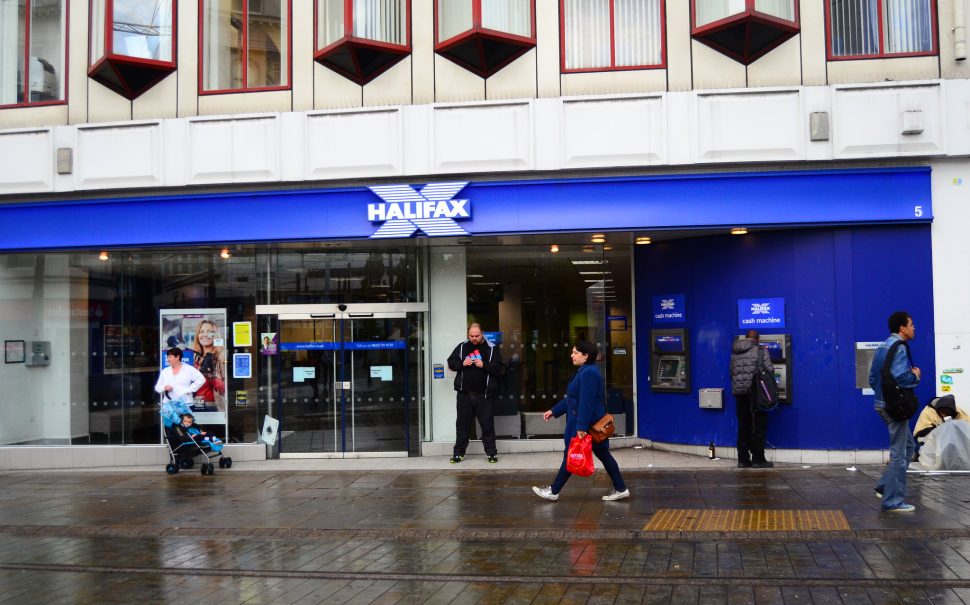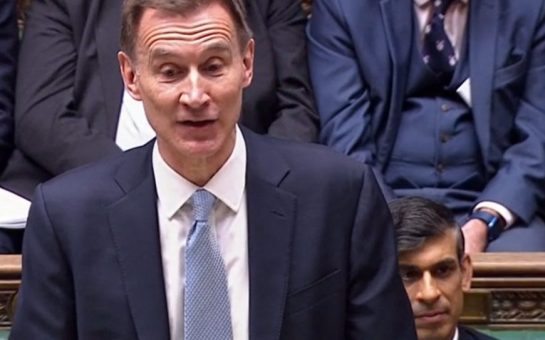The base interest rate grew to 4% on 2 February, and it could soar even higher in the rest of the year. This is because inflation remains high at 10.5%.
Interest rate is decided by the committee members of the Bank of England, which is an institution that regulates UK banks and other financial firms.
This is excellent news for savers. However, savings accounts in other banks may not benefit from the rise of interest rates.
It is necessary to consider how long you want to lock your money away for in the savings account. Even though a fixed-rate account could have a good rate, a more flexible account with a lower rate can be beneficial too under the current high inflation level.
Lucinda O’Brien, the savings expert at money.co.uk, said: “Many high street easy-access savings accounts may not pass on the interest rate rise, meaning you’d be unlikely to see any large increase in interest overnight. To feel the maximum benefit of the hike, you should move your money to a higher-interest fixed-rate savings account and keep it there.
“It’s important to note, the highest rates will only be found in fixed-rate savings accounts, which is not ideal for those who may need to dip into their savings over the next few months due to the current cost of living.”
She also suggested people find the best deal and plan ahead before saving money.
“Therefore, it would be wise to diversify your funds to get the best of both worlds; keeping an emergency fund in an easy-access account to ensure simple last-minute withdrawals if needed, while moving the rest to the top-rated fixed-rate savings account to best benefit from high interest on your savings. To find the savings accounts with the best rates for you, I recommend comparing savings accounts before switching.”
Image: Halifax banks branch at Piccadilly Gardens, Manchester. Image by Money Bright (CC BY 2.0)




